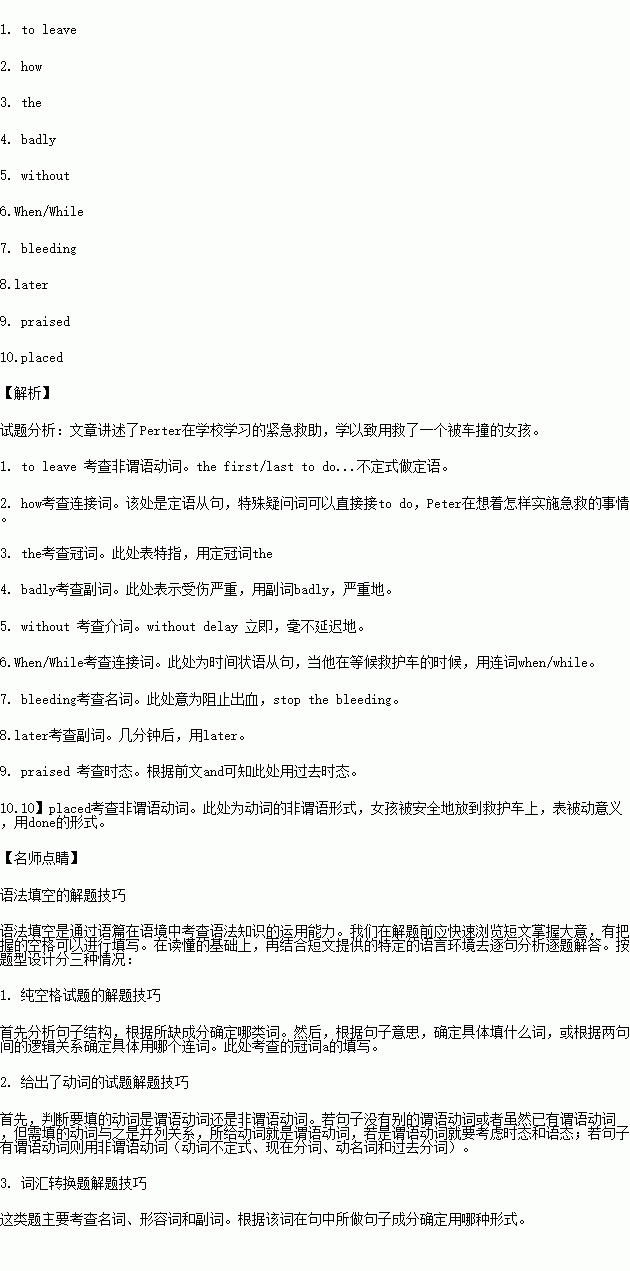Obama, Lady Gaga and Steve Jobs—what do they have in common? They are, of course, all Americans. And according to a survey by social networking site baidu. com, they all best illustrate(举例说明) the word “cool”.
But just what does it mean to say someone is “cool”? Most would answer that it is something to do with being independent-minded and not following the crowd.
Yale University art professor Robert Farris Thompson says that the term “cool” goes back to 15th century West African philosophy. “Cool” relates to ideas of grace under pressure.
“In Africa,” he writes, “coolness is a positive quality which combines calmness, silence, and life.”
The modern idea of “cool” developed largely in the US in the period after World War II. “Post-war ‘cool’ was in part an expression of war-weariness (厌战情绪), . . . it went against the strict social rules of the time,” write sociologists Dick Pountain and David Robins in Cool Rules: Anatomy of an Attitude.
But it was the American actor James Dean who became the symbol for “cool” in the hugely successful 1955 movie Rebel without a Cause. Dean plays a tough guy who disobeys his parents and the authorities. He always gets the girl, smokes cigarettes, wears a leather jacket and beats up bullies. In the movie, Dean showed what “cool” would mean to American young people for the next 60 years.
Today the focus of “cool” has changed to athletics (体育运动) stars. Often in movies about schools, students gain popularity on the athletics field more than in the classroom. This can be seen quite clearly in movies like Varsity Blues and John Tucker Must Die.
But many teenagers also think being smart is cool. Chess and other thinking games have been becoming more popular in schools.
“Call it the Harry Potterization of America—a time when being smart is the new cool,” writes journalist Joe Sunnen.
1.If you were considered “cool” in Africa in the 15th century, you_____.
A. thought and acted differently from the majority
B. had a calm and quiet attitude towards life
C. didn’t observe rules and authorities
D. had all kinds of “bad” manners
2.The heroes in Varsity Blues and John Tucker Must Die are likely to be those who ________.
A. do very well in their studies
B. are very skilled at sports
C. are good at chess and other thinking games.
D. have supernatural powers like Harry Potter
3.Which of the following is NOT true according to the article?
A. It is generally considered “cool” to be independent-minded and not to follow the crowd.
B. “Cool” was used as early as the 15th century.
C. Disobeying one’s parents and the authorities is considered “cool” among American young people nowadays.
D. Getting the first place in an exam can also be considered “cool”.
4.What does the article mainly talk about?
A. The origin of the word “cool”.
B. The kinds of people who are “cool”.
C. The changing meaning of the word “cool”.
D. How to be a “ cool” person.

